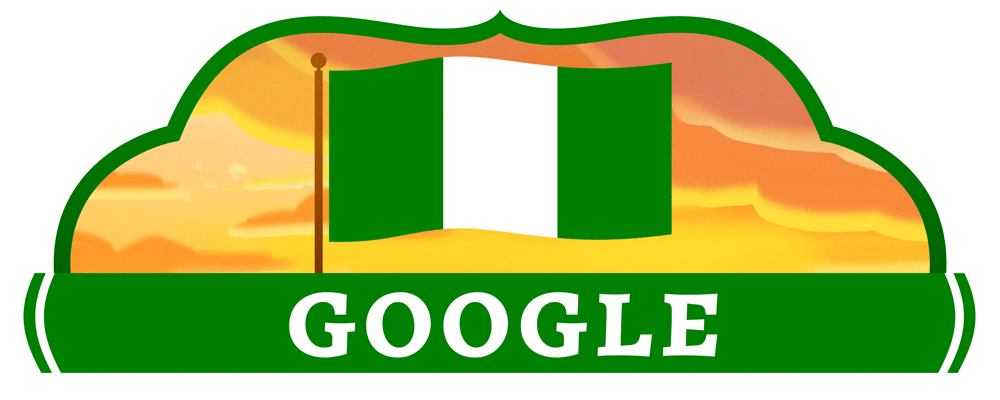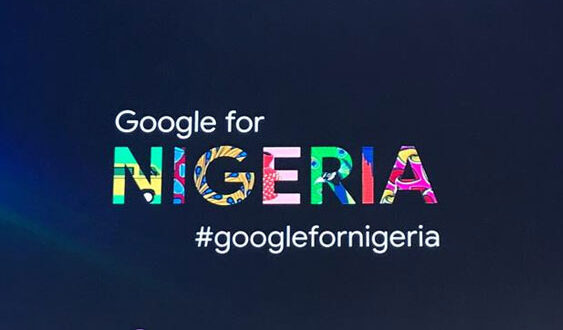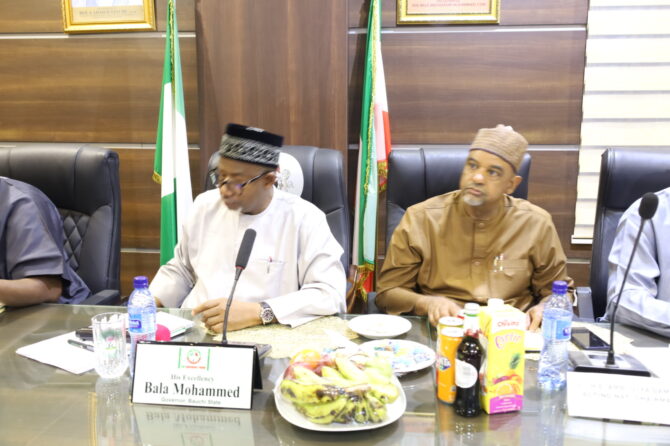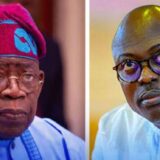Global Tech Giant Google Faces Historic Antitrust Rulings: What It Means for Nigeria’s Digital Economy
In a landmark ruling with global repercussions, U.S. courts have declared Google a monopolist in multiple tech sectors, a decision that could reshape digital markets worldwide – including Nigeria’s rapidly growing tech ecosystem.
Key Findings Against Google
- Advertising Monopoly: A federal judge ruled Google illegally monopolized online ad tech markets by controlling both publisher ad servers and ad exchanges, violating the Sherman Act.
- Search Engine Dominance: Separate rulings found Google used exclusivity agreements (paying $26 billion/year to Apple and others) to lock competitors out of 50% of the search market.
- Anti-Competitive Mergers: The 2007 DoubleClick acquisition, once approved by regulators, is now seen as pivotal in creating Google’s ad tech stranglehold.
Nigeria’s Digital Landscape at Risk?
While Nigeria’s digital advertising market remains smaller than Western counterparts (projected to hit $163.8 million by 2026 according to Statista), experts warn the same monopolistic behaviors could emerge locally:
- Market Control: Google commands over 95% of Nigeria’s search traffic (SimilarWeb data), with Chrome and Android pre-installing Google services on most devices.
- Publisher Revenue: Nigerian content creators using Google AdSense often report declining revenue shares, mirroring global claims that Google takes up to 30% of ad dollars.
- Startup Suppression: Local ad tech innovators struggle against Google’s bundled services, replicating the “tying” practices deemed illegal in the U.S.

Nigerian Antitrust Laws: Limited Protections
Nigeria’s Federal Competition and Consumer Protection Act (FCCPA) 2018 prohibits anti-competitive agreements and abuse of dominant positions (Sections 59-61). However, enforcement remains nascent:
- No Major Tech Cases: The FCCPC has not investigated any significant digital market dominance cases, focusing instead on price-fixing in traditional sectors.
- Jurisdictional Challenges: Global tech firms often operate through Irish/Dutch subsidiaries, complicating Nigerian regulators’ ability to investigate.
- Parallels Emerge: Like Google’s search defaults, Nigerian telecoms have faced scrutiny for SIM lock-ins and data pricing collusion, though no penalties have matched U.S.-scale remedies.
Expert Warnings
“Nigerian regulators need to study these rulings closely,” says Adeolu Ogunbanjo, tech policy analyst at Lagos-based Digital Rights Initiative. “When one company controls both ad platforms and user data, it stifles innovation in our booming digital economy.”
The Road Ahead
U.S. courts are now considering forcing Google to divest parts of its ad business, a move that could trickle down to global operations. For Nigeria, this presents both risks and opportunities:
- Risk: Weaker pricing leverage if Google passes compliance costs to advertisers.
- Opportunity: Potential market openings for Nigerian ad tech startups if Google’s bundling practices are restricted.
As regulatory winds shift globally, Nigeria’s FCCPC faces mounting pressure to scrutinize digital gatekeepers – before monopoly practices become entrenched.
Why This Matters
With 44.3 million Nigerians using digital services daily (NBS 2023), fair competition is critical for job creation and affordable services. While U.S. rulings don’t directly bind Nigeria, they provide a legal playbook for local regulators to protect Africa’s largest digital economy from monopolistic capture.
Quest Extra News will continue tracking developments in this historic case.

















